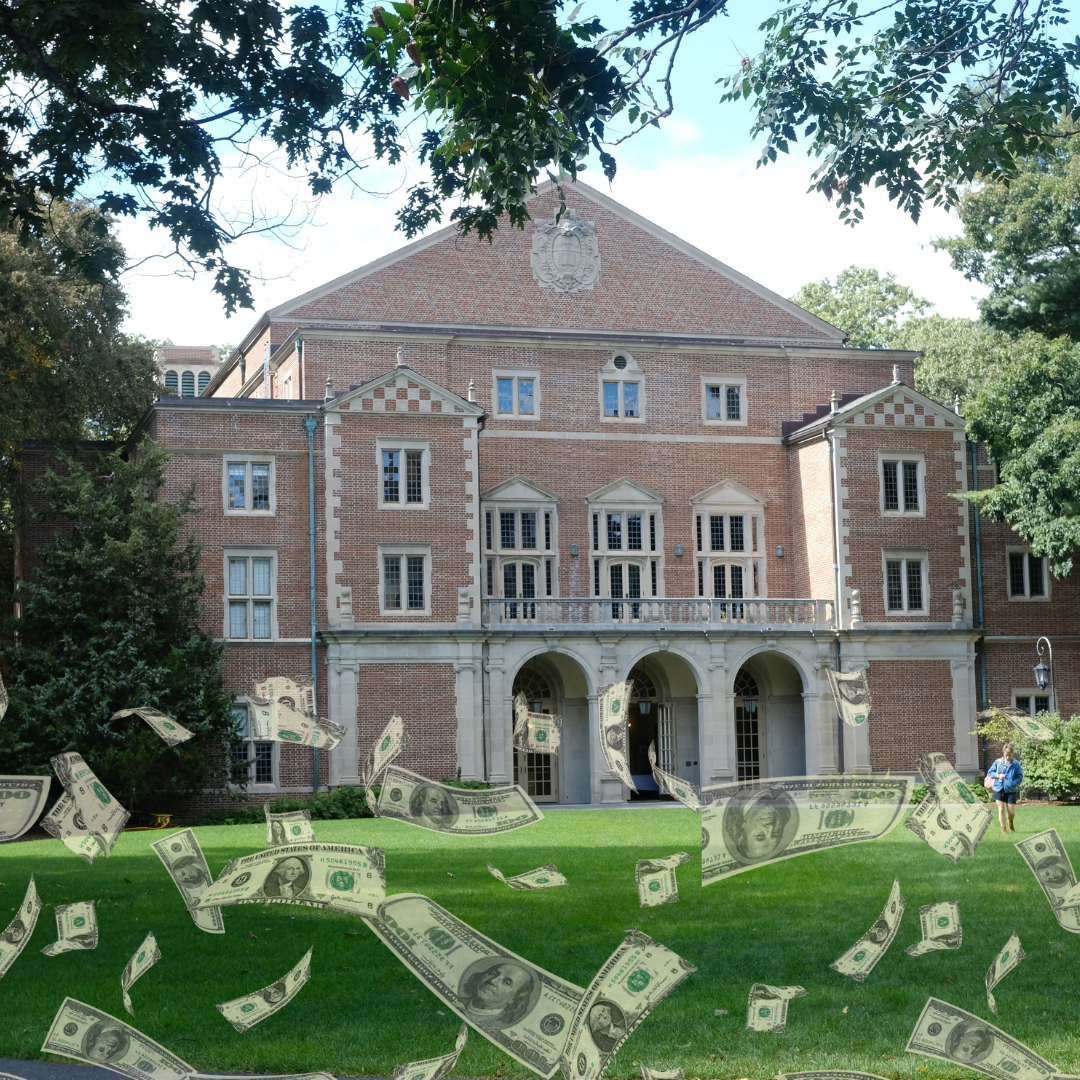By the time the next admission cycle rolls around, Wellesley will begin accepting applications from anyone who identifies as a woman, making Wellesley the fifth women’s college to officially open its doors to transgender women in the last six months. The decision was announced following a wave of declarations from Mills College, Mount Holyoke, Simmons and finally Bryn Mawr that they would alter their admission policies to be inclusive of trans women.
On Friday, President Kim Bottomly appeared before an auditorium full of students to answer their questions about the policy, which had just been released the day before.
“Today we are proud to say that Wellesley will open its doors to a more diverse population of women,” President Bottomly stated.
The official announcement of the new trustee’s decision, which was sent out via email, says that anyone who lives as a woman and consistently identifies as a woman will be considered for admission. That excludes trans men, who will no longer be eligible to apply to Wellesley.
The policy is mainly based on self-identification but may require a student to include a letter — for example from a parent, healthcare provider, teacher or clergy — if that student’s gender identity is not clearly reflected in the rest of the application materials. The College is aware that the Free Application for Student Aid, or FAFSA, forms is often based on legal documents which are notoriously difficult and expensive to change. Several states like Idaho and Tennessee still refuse to alter the sex on a person’s birth certificate.
Students who identify as non-binary — outside of the two-gender system or challenging that system — must have been designated female at birth in order to be considered for admission to Wellesley. Once admitted to Wellesley, the College will not make any attempt to distinguish those who identify as male from those who identify as female. That means that if, after being accepted to Wellesley, a student who comes to identify publicly as a trans man, he will still be able to graduate with a Wellesley degree.
In practice, the inclusion of trans women and exclusion of trans men will likely only affect a small percentage of the population. In fact, there are more men from other colleges who are cross-registered at Wellesley from schools like Olin, Babson and MIT than there are trans men who attend Wellesley.
Still, the question of how to adapt Wellesley’s admission policy to keep pace with our understanding of gender in the 21st century has prompted soul-searching on the part of students, faculty, staff and alumnae as to what Wellesley’s role is as a women’s college in today’s world.
The President’s Advisory Committee on Gender at Wellesley (PACGW), which was charged with exploring that very question, agreed in their very first meeting on the underlying assumption that Wellesley would remain a women’s college. The policy announced last week again reaffirmed the College’s mission to educate women.
“Throughout its history, Wellesley has remained true to itself and true to the vision of its founders,” Bottomly said, adding, “It has not done so by remaining static and unchanging.”
Now that the College has clarified its policy, it will turn its attention to how best to implement it. The administration and faculty, in consultation with the PACCGW, will develop procedures and guidelines to implement the policy in time for the next admission cycle.





